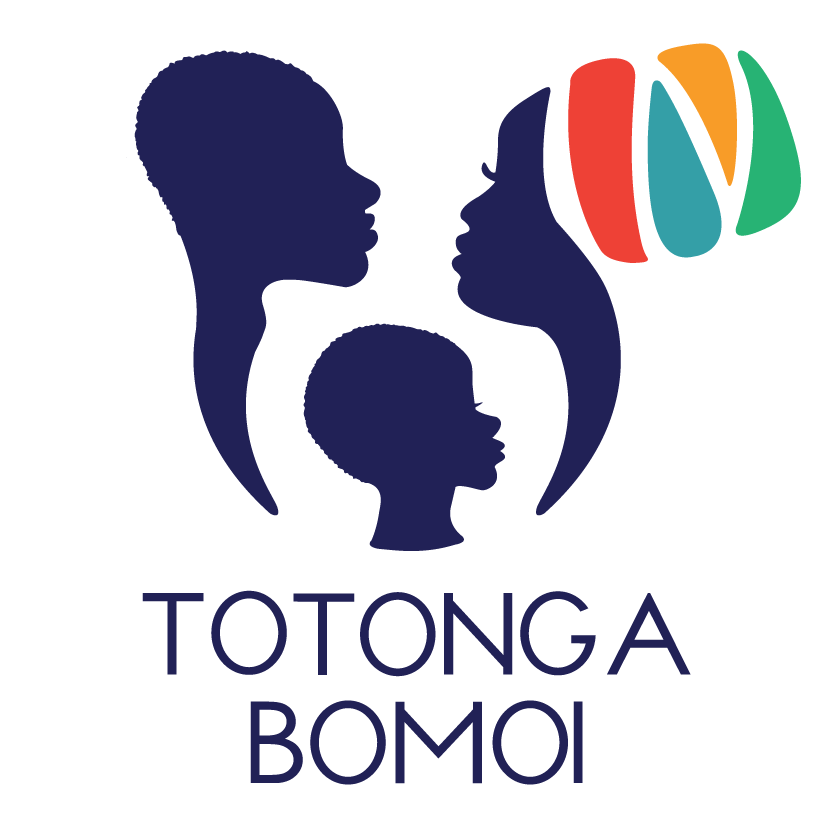Ten years ago, I was knee-deep in writing my Master’s thesis. My daily highlight was waking up and deciding which coffee shop I should go to after my morning routine of babysitting and dog walking. My specializations were global health and human security and development in Africa, and for two years my days were spent pouring over research on child fosterage among the Mende tribe in Sierra Leone, the rise of female suicide bombers in Sri Lanka, the Palestinian territories, and Chechnya, and the economic and political impact of refugees in host countries in Africa.
Now, I’m sure you’re asking yourself what in the world was I going to do to earn a living? Don’t worry, you are not alone. I was asking myself the exact same question… and so were my parents.
After months of submitting countless resumes and cover letters and emails, I made a decision of the heart and for those of you who know me well, it should be no surprise to you then that I decided to pivot from an entry-level position with the government or some east coast charity and head for Africa.
I had no idea what my home would look like, what I would eat, where I would work, or who I would meet. I hadn't a clue and I loved that. In high school and college, I had learned enough that it was the times when I felt the most uncomfortable that I grew. Kind of like that forced awkwardness when you feel completely inept (and vulnerable) and then afterwards, you learn, you try, you fail, you try again, you succeed, and then you dominate. That is Congo for me. And that has become Totonga Bomoi for more than 100 men and women.
Yes! Totonga Bomoi has reached that triple digit number of “lives impacted” - well if we count family members, friends, neighbors, and villages in the Congo positively affected by our mission then we are far into the thousands, but let’s talk first about those 100 lives that have been directly changed because of Totonga Bomoi.
Ninety-two women and eight men.
They know what it’s like to be vulnerable, to not know the answers or sometimes even the questions, but they have learned. They have learned how to test the market with new products. They have learned how and why to keep records of income and expenses. They have learned how to trust and build community with each other in order to run a cooperative where they share expenses thereby increasing their personal income. They have tried, and failed, and tried again, and again.
They have sewn labels upside down, made pockets inside out, and used fabric that has been stained and so forth. But when mistakes are made, our sewing instructors work with them to correct it and support them until the product is perfectly made. When calculations are wrong, our program manager and cooperative leaders run the numbers again and again until they are correct. As I often remind our team in Congo, life is much more about failing and trying again than it is about getting back up again, and succeeding. We are not made for perfection but we can and will achieve excellence along the way.
So as we reached that triple digit number of lives impacted, thank you for supporting us. Thank you for believing in our mission. And thank you in advance for the next time you make yourself vulnerable and come out on the other side, stronger than before.


